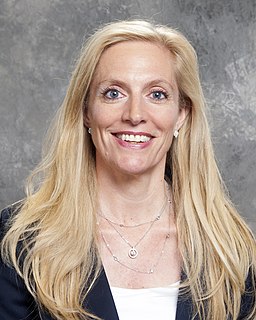A Quote by Dick Armey
Programs that pay farmers not to farm often devastate rural areas. The reductions hurt everyone from fertilizer companies to tractor salesmen.
Related Quotes
I do think that there is a big difference between family farms and agri-business, and one of the distressing things that I think has occurred is with consolidation of farm lands. You've seen large agri-businesses benefit from enormous profits from existing farm programs, and I think we should be focusing most of those programs on those family farmers.
People are important too, however, and what a terrible impact a total ban on hunting would have on the rural economy, which is still reeling from the after-effects of foot and mouth disease. With average net farm income having fallen to 5,200 per farm in England and 4,100 in Wales, it seems an act of spiteful vandalism to destroy literally thousands of jobs in deeply rural areas, when it is simply not necessary to do so and where no meaningful alternative employment exists.
Some years ago one oil company bought a fertilizer company, and every other major oil company practically ran out and bought a fertilizer company. And there was no more damned reason for all these oil companies to buy fertilizer companies, but they didn't know exactly what to do, and if Exxon was doing it, it was good enough for Mobil and vice versa.


































